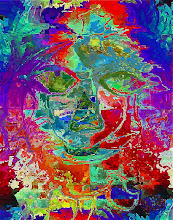I was right all along. Ageing would suit me fine. I knew that if I ever made it past 50, I’d be ok. I just had to wait, holding on to thin air whenever the world shook, hoping to make it through.
I disliked every minute of my youth. The pretty parts in particular, where being beautiful, appetizing is a precarious condition, where one’s yum-yum pulpy flesh and juvenescence represent a trap – years when the body is constantly tormented between the power of its attractiveness and the unsafe leverage it grants others.
I didn’t appreciate either the imperatives of performance young people often feel they must subject themselves to. Relationships at large used as opportunities to display forms of strength, imaginary and shallow. Building an intricate decorum for luminous fantasies about one’s competence. Portraits of hallucinated selves tested on easily impressed audiences out to seek clear-cut symbols and dazzling leaders.
I was there too, at times a public sucked inside the magic of well-articulated words, hypnotized by impressions of grandeur, a groupie aspiring to be noticed and loved by the future masters of major disciplines. Or, at other times, wanting to be one also, an icon venerated for its matchless pantomime accomplishments. Alternately, submissive or willful. Unsure of my place as if there were only two choices up for grabs. Able to mold myself for one or the other, both within my reach, but always tormented by the extreme posture that had to be left out: The quiet reassurance filling the follower, or the insatiable hunger of the ambitious. At a loss, incapable of deciding which stance was best for me.
I felt there was always something to prove, convinced being young was a long, uninterrupted test. With aptitudes to qualify for both models, I knew for sure I would flunk all life’s exams because I kept running from one end to the other, one day seeking the comfort worshipers are prone to feeling, the next setting my views on becoming a radiant monarch.
It was complicated. And I felt confused. More precisely, exhausted. Guilt from never fulfilling my potential (but which?) assailing my self-esteem. I didn’t have the flexibility to envision anything else between those two poles: that of the docile and gracious servant or that of the categorical commander. Pros and cons unfailingly flashing before my eyes, blinding the path.
It did happen at times, when the clash of these two radical tendencies became too tense, that I chose instead to obliterate the battleground itself: Me. Back then, it didn’t seem such a bad solution.
It took decades to outgrow the conflict. And only now can I say I feel fine. Standing outside. That’s what growing old has meant, leaving behind back-to-back directions and the narrowness of options.
It doesn’t mean though I’ve solved the issue. I simply learned to extract myself from it. Deep down, I still see beauty and intelligence as opposites, as examples of features that do not coexist on the same side, as states of Being that refuse to be simultaneous and can never intersect.
In theory, of course, one can say that what’s intelligent is beautiful. Or that beauty is always an expression of intelligence. We would find what’s stupid quite ugly, true. But it’s reducing the debate to a size that had to evict implications in order to be so small.
Beauty is fundamentally a competitive threat to intelligence. Not just perceived as such, but really one. Intelligence often gives itself the mandate to seek and uncover the menace, in a motion supported as much by fear than by a misconstrued fascination. Intelligence by definition is too smart to deny the danger. Much preferable to acknowledge it and then lay the claim of discovery unto it for control purposes. But beauty is, by definition, elusive, pushing intelligence further in its quest to identify and circumscribe it.
Beauty contains an unacceptable essence for intelligence. An unexplainable spirit, undiluted, escaping blueprints and templates. All the things that make beauty what it is cannot account for what it is. As in the beauty of mathematics, mathematicians can never succeed in rendering it in their equations, always an incalculable impalpable effect escaping the rows of signs, heading for infinity and the incomprehensibility of beauty’s existence.
Unacceptable for intelligence because brainpower implies constructions, reasoning, the manufacture of thoughts as objects to contemplate and/or manipulate as eventual decent substitutes to beauty. If intelligence ever were in a position to lay its hands on beauty, it would either disguise it through diminutives or altogether destroy it, replacing splendor with a splendid product.
So, beauty is a victim. Always. And on the run. The hunted and the hunter.
One has a choice of sides.
You’ll tell me that it does happen sometimes, a beautiful intelligent instance, event, object. Be careful of simulacra. Of superficial representations of ideals. Intelligence and beauty both as ultimate conditions involve their concretion in pain. If it doesn’t hurt to look at them, you’re staring at a simulation. I believe if both were to meet in a thing, the sight would be beyond endurance. And our eyes would melt.
As a young girl, sharp instincts told me that whenever I showed signs of beauty, I did put myself in great danger. In case intelligence roamed nearby, better bend, kowtow, lie low, a position of excessive submission meant to keep beauty out of the line of sight. To live in a subservient way so to never expose qualities. Finding in the movements of kneeling a form of peace and reassurance.
As a young girl, sharp instincts also told me that if I discarded beauty, elevating intelligence to its rightful position, I would have to run too, not away from this time, but always after something. An entire life of dissatisfaction and envy. Of frustrations, endlessly caught in one of Zeno’s paradoxes. Aggressive, because lost in illusions I would have to work so hard without never fully arriving. Destinations constantly moving away. Anger as engine. And only coldness to quiet the rage down, to prevent becoming a monster.
As you see, to be young was not easy. Had to wait for the potential for beauty and intelligence to wear off. I knew that under the influence of time such a disappearance would set me free.
Laolao
I disliked every minute of my youth. The pretty parts in particular, where being beautiful, appetizing is a precarious condition, where one’s yum-yum pulpy flesh and juvenescence represent a trap – years when the body is constantly tormented between the power of its attractiveness and the unsafe leverage it grants others.
I didn’t appreciate either the imperatives of performance young people often feel they must subject themselves to. Relationships at large used as opportunities to display forms of strength, imaginary and shallow. Building an intricate decorum for luminous fantasies about one’s competence. Portraits of hallucinated selves tested on easily impressed audiences out to seek clear-cut symbols and dazzling leaders.
I was there too, at times a public sucked inside the magic of well-articulated words, hypnotized by impressions of grandeur, a groupie aspiring to be noticed and loved by the future masters of major disciplines. Or, at other times, wanting to be one also, an icon venerated for its matchless pantomime accomplishments. Alternately, submissive or willful. Unsure of my place as if there were only two choices up for grabs. Able to mold myself for one or the other, both within my reach, but always tormented by the extreme posture that had to be left out: The quiet reassurance filling the follower, or the insatiable hunger of the ambitious. At a loss, incapable of deciding which stance was best for me.
I felt there was always something to prove, convinced being young was a long, uninterrupted test. With aptitudes to qualify for both models, I knew for sure I would flunk all life’s exams because I kept running from one end to the other, one day seeking the comfort worshipers are prone to feeling, the next setting my views on becoming a radiant monarch.
It was complicated. And I felt confused. More precisely, exhausted. Guilt from never fulfilling my potential (but which?) assailing my self-esteem. I didn’t have the flexibility to envision anything else between those two poles: that of the docile and gracious servant or that of the categorical commander. Pros and cons unfailingly flashing before my eyes, blinding the path.
It did happen at times, when the clash of these two radical tendencies became too tense, that I chose instead to obliterate the battleground itself: Me. Back then, it didn’t seem such a bad solution.
It took decades to outgrow the conflict. And only now can I say I feel fine. Standing outside. That’s what growing old has meant, leaving behind back-to-back directions and the narrowness of options.
It doesn’t mean though I’ve solved the issue. I simply learned to extract myself from it. Deep down, I still see beauty and intelligence as opposites, as examples of features that do not coexist on the same side, as states of Being that refuse to be simultaneous and can never intersect.
In theory, of course, one can say that what’s intelligent is beautiful. Or that beauty is always an expression of intelligence. We would find what’s stupid quite ugly, true. But it’s reducing the debate to a size that had to evict implications in order to be so small.
Beauty is fundamentally a competitive threat to intelligence. Not just perceived as such, but really one. Intelligence often gives itself the mandate to seek and uncover the menace, in a motion supported as much by fear than by a misconstrued fascination. Intelligence by definition is too smart to deny the danger. Much preferable to acknowledge it and then lay the claim of discovery unto it for control purposes. But beauty is, by definition, elusive, pushing intelligence further in its quest to identify and circumscribe it.
Beauty contains an unacceptable essence for intelligence. An unexplainable spirit, undiluted, escaping blueprints and templates. All the things that make beauty what it is cannot account for what it is. As in the beauty of mathematics, mathematicians can never succeed in rendering it in their equations, always an incalculable impalpable effect escaping the rows of signs, heading for infinity and the incomprehensibility of beauty’s existence.
Unacceptable for intelligence because brainpower implies constructions, reasoning, the manufacture of thoughts as objects to contemplate and/or manipulate as eventual decent substitutes to beauty. If intelligence ever were in a position to lay its hands on beauty, it would either disguise it through diminutives or altogether destroy it, replacing splendor with a splendid product.
So, beauty is a victim. Always. And on the run. The hunted and the hunter.
One has a choice of sides.
You’ll tell me that it does happen sometimes, a beautiful intelligent instance, event, object. Be careful of simulacra. Of superficial representations of ideals. Intelligence and beauty both as ultimate conditions involve their concretion in pain. If it doesn’t hurt to look at them, you’re staring at a simulation. I believe if both were to meet in a thing, the sight would be beyond endurance. And our eyes would melt.
As a young girl, sharp instincts told me that whenever I showed signs of beauty, I did put myself in great danger. In case intelligence roamed nearby, better bend, kowtow, lie low, a position of excessive submission meant to keep beauty out of the line of sight. To live in a subservient way so to never expose qualities. Finding in the movements of kneeling a form of peace and reassurance.
As a young girl, sharp instincts also told me that if I discarded beauty, elevating intelligence to its rightful position, I would have to run too, not away from this time, but always after something. An entire life of dissatisfaction and envy. Of frustrations, endlessly caught in one of Zeno’s paradoxes. Aggressive, because lost in illusions I would have to work so hard without never fully arriving. Destinations constantly moving away. Anger as engine. And only coldness to quiet the rage down, to prevent becoming a monster.
As you see, to be young was not easy. Had to wait for the potential for beauty and intelligence to wear off. I knew that under the influence of time such a disappearance would set me free.
Laolao



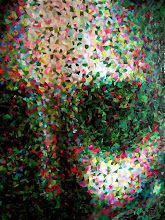
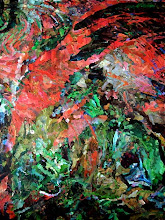
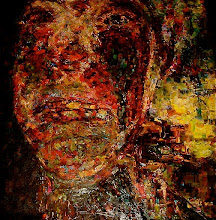
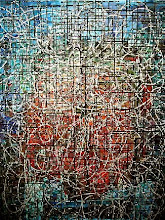
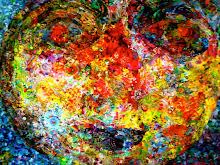
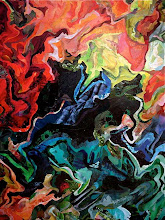
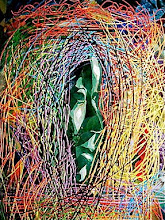
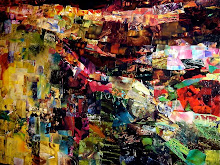
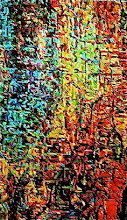
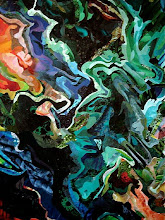
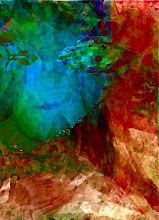.jpg)
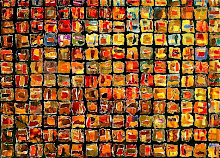
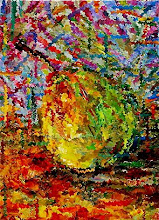
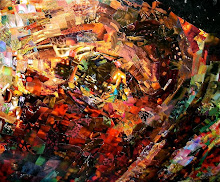
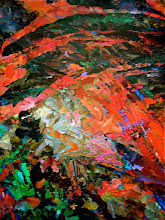
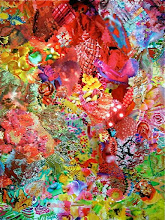
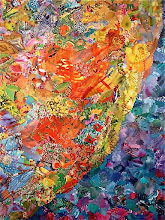
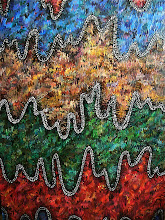
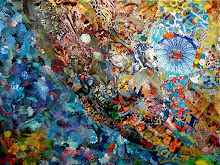
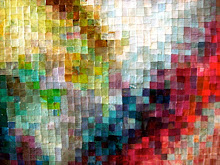
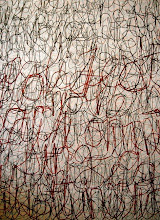
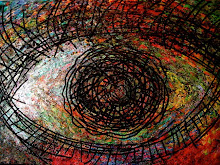
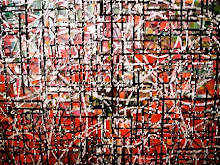

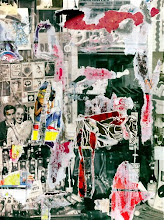
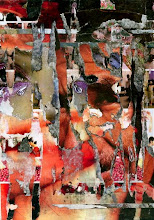
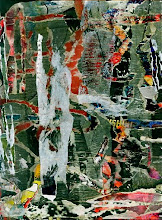
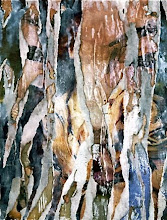


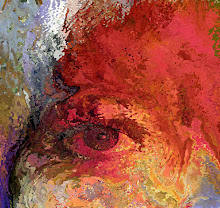
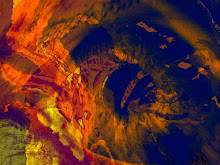
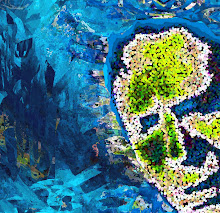
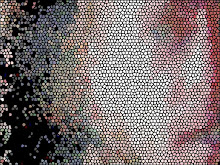.jpg)
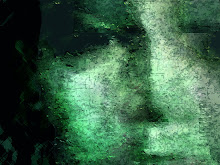
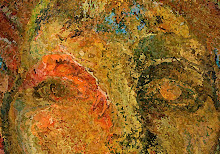
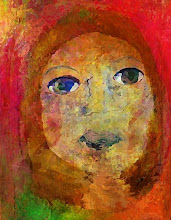.jpg)
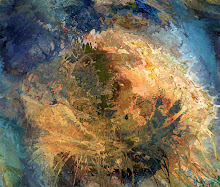
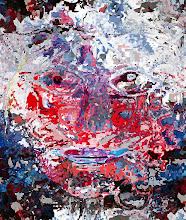
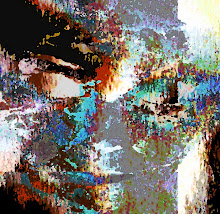
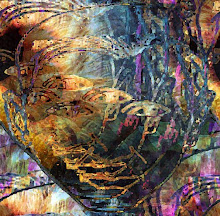


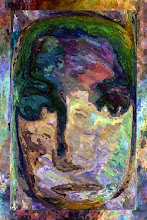photo+album).jpg)
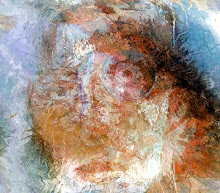.jpg)
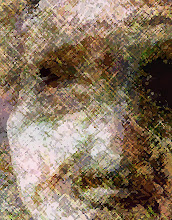
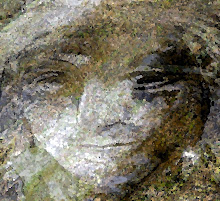
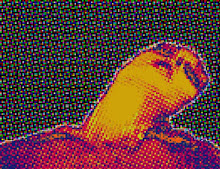
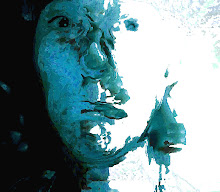
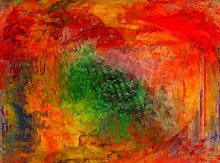





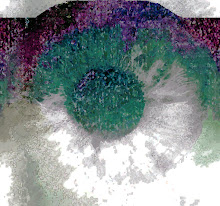
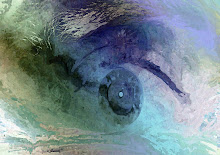

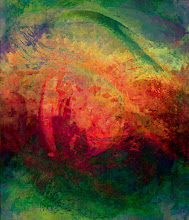

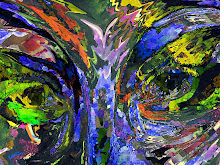
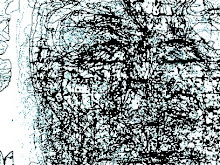.jpg)
